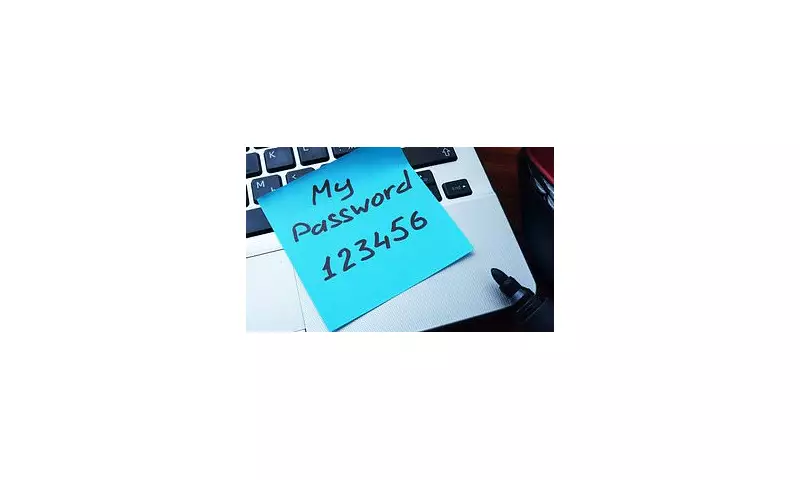
In a digital era dominated by sophisticated cyber threats, millions of Britons remain stubbornly attached to dangerously simple passwords that could be cracked in seconds, according to alarming new research.
The study, which analysed millions of compromised credentials, reveals that '123456' continues to reign supreme as the nation's most popular password, despite years of warnings from cybersecurity experts.
The Hall of Shame: Britain's Worst Offenders
Following the predictable champion, the password landscape doesn't improve much. The top ten list reads like a hacker's dream come true:
- 123456
- password
- 12345678
- qwerty
- 123456789
- 12345
- 1234
- 111111
- 1234567
- dragon
Security experts are shaking their heads in disbelief at the lack of imagination and care displayed by so many internet users.
Why These Password Choices Are Digital Suicide
These elementary passwords represent what cybersecurity professionals call 'low-hanging fruit' for cybercriminals. Modern hacking tools can brute-force these combinations in less time than it takes to boil a kettle.
The consequences of such lax security can be devastating:
- Identity theft and financial fraud
- Compromised banking and shopping accounts
- Unauthorised access to personal photos and documents
- Hijacked social media profiles
- Corporate data breaches when work accounts are compromised
How to Fortify Your Digital Defences
Cybersecurity specialists recommend immediate action for anyone recognising their password habits in this list:
Create longer, more complex passwords combining uppercase and lowercase letters, numbers, and symbols. Consider using passphrases - longer combinations of words that are easier to remember but harder to crack.
Never reuse passwords across different accounts. If one service suffers a breach, you don't want criminals gaining access to all your other accounts.
Enable two-factor authentication wherever possible. This adds an extra layer of security beyond your password.
Consider using a password manager to generate and store unique, complex passwords for all your accounts.
The digital world isn't getting safer, but your password habits can - and must - evolve to match the sophistication of modern cyber threats.





